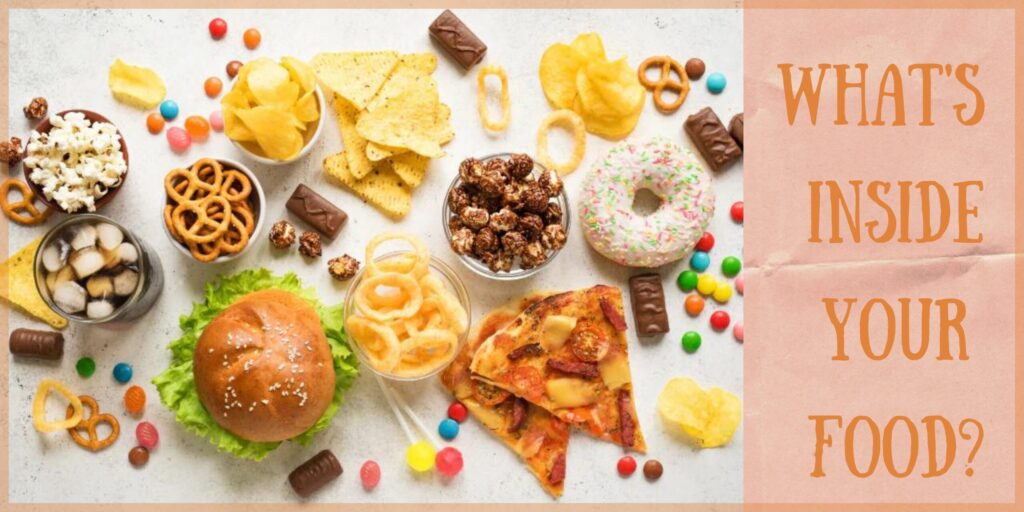Harmful effects of trans fat
The harmful effects of trans fat are expounded thoroughly in this article. Trans fats, or trans-fatty acids, are a kind of unsaturated fat that occurs naturally and synthetically. Trans fats that are naturally occurring, or ruminant, are found in the meat and dairy products of ruminant animals like cattle, sheep, and goats. They are formed naturally when microorganisms in the stomachs of these animals break down grass. Trans fat is often regarded as the worst form of fat to consume as it, in contrast to normal dietary fats, boosts “bad” cholesterol while simultaneously lowering “good” cholesterol. Trans fats are classified as either natural, which occur naturally in some animal products and are not regarded as dangerous, or synthetic, which are hydrogenated vegetable oils and carry major health repercussions. Shortening or margarine, for example, are formed by solidifying liquid oils into solid fats, which is how trans fats are created. In addition to cakes, cake mixes, pies, pie crust, and doughnuts, trans fats may be found in shortening and stick margarine, as well as fried and battered food items like fried chicken and fried fish. To improve your general wellness, consider a trans-fat-free and healthy diet rich in fruits, vegetables, whole grains, and fat-free or reduced-fat milk and milk products.
Trans fats harm your health
Considering trans fats raise the incidence of strokes, and type 2 diabetes, experts are concerned that trans fats are also bad for your cholesterol. Cholesterol may be divided into two primary categories: LDL cholesterol is a kind of bad cholesterol that is found in the blood. This “bad” cholesterol, known as LDL, can harden and narrow the walls of the arteries. HDL cholesterol is a type of good cholesterol, and overproduction of cholesterol is removed by HDL or “good” cholesterol, which returns it to the liver for processing. Increased LDL cholesterol and decreased HDL cholesterol may lead to cardiovascular illness and strokes. The harmful effects of trans fat include observational and clinical research indicating that trans fats dramatically raise your chance of heart disease. Most baked products and fried meals are high in trans fat, leading to weight gain if consumed in excess. To avoid diabetes, heart disease, and other health issues, you should maintain a healthy weight.
Partially Hydrogenated Oils (PHO)
Only genuine diet investigators understood whether a meal carried trans fat for long. This phantom fat, which is the deadliest sort of fat for the heart, blood vessels, and rest of the body, was discovered in hundreds of foods, but only those who recognised the “code names” partially hydrogenated oil and vegetable shortening could tell when it was included. The harmful effects of trans fat entail contributing to insulin resistance. At room temperature, partially hydrogenated oils (PHO) remain solid, extending the shelf life of products, and they are generally utilised for deep frying and as an ingredient in baked goods. PHOs were introduced into the food supply as a replacement for butter and lard in the early twentieth century, and they are totally interchangeable, and they are not an inherent part of the human meal. The major origin of commercially manufactured trans fat is partially hydrogenated oils (PHO) such as margarine, vegetable shortening, Vanaspati ghee, fried foods, doughnuts, baked goods, and pre-mixed items. Industrially manufactured trans fat is commonly found in the baked and fried street, and restaurant items and all of these goods may be created without the use of trans fat from industrial sources.
Choosing Nutritious Foods
The trans fats included in certain packaged foods are not the same as those found in others. It all comes down to the components, which is why reading the labels is so critical. As long as trans fats are avoided, it’s safe to indulge in occasional high-fat items like desserts and fatty meats. The harmful effects of trans fat comprise inducing inflammation, particularly in persons who are overweight or obese. Instead of butter, shortening, and other solid fats, employ groundnut oil, coconut oil, or gingelly oil. Foods without trans fats aren’t necessarily better for you, and manufacturers may use other, less healthful components in their place. So, when dining out, inquire about the fats or oils used in the cooking process. Replace red meat with skinless chicken or fish a few times a week in favour of fried, packaged, and processed meals. Low-fat or non-fat dairy products, such as milk, yoghurt, and cheese, can take the place of full-fat alternatives. If you want to prevent trans fats, it’s crucial to check food labels meticulously and avoid meals that include any partly hydrogenated substances. Try organic food products: A growing body of research demonstrates that organically cultivated foods are higher in nutrients like Vitamin C, iron, magnesium, and phosphorus and have less nitrates and pesticide residues than conventionally grown foods. In addition, organic agriculture helps to lower public health hazards. Uyir organic farmers market continues to provide its customers with the highest quality organic products.



